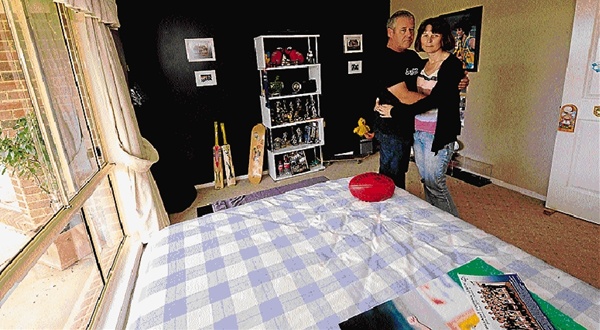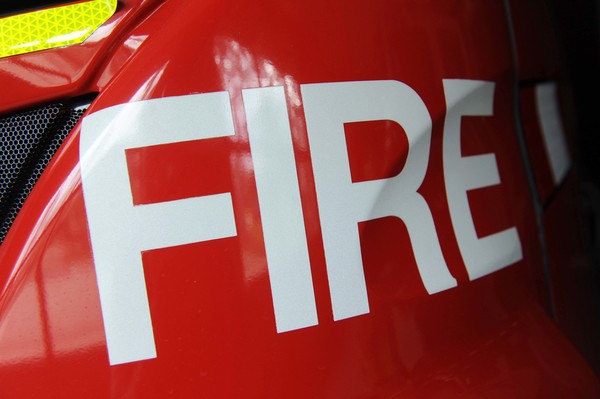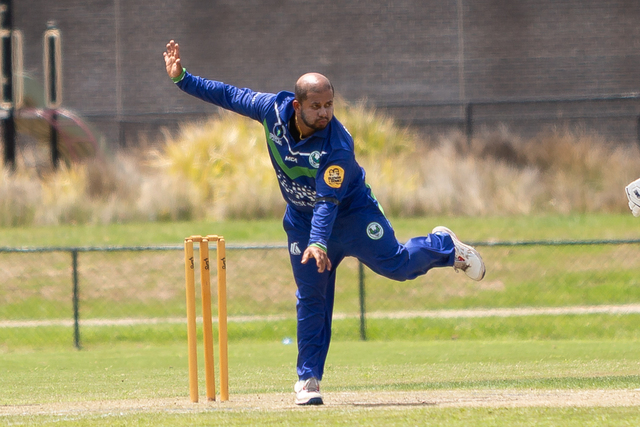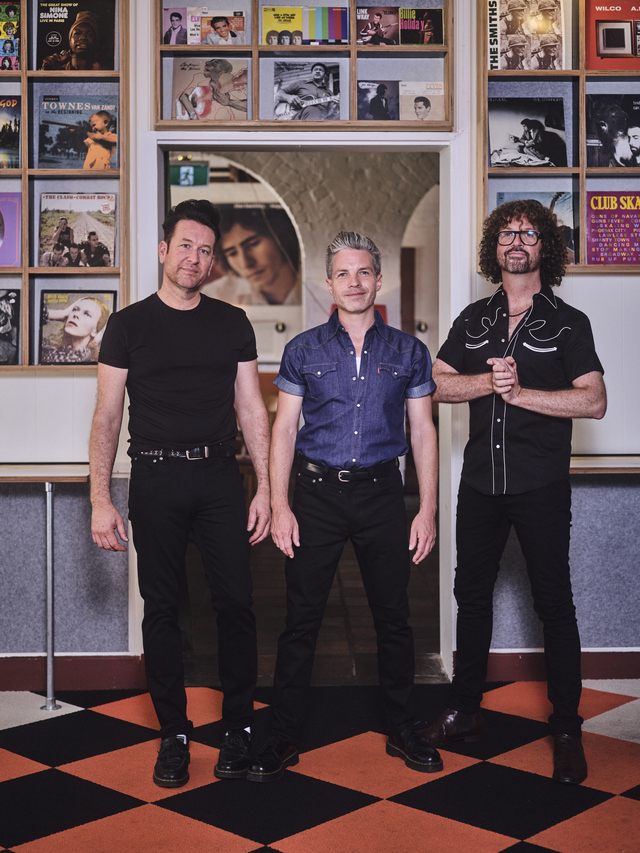INDUSTRY experts are calling for defibrillators to be made compulsory in all fitness centres and gyms.
Melton Waves Leisure Centre manager Tim Free said the gym did not have the lifesaving equipment on site but was looking at buying one.
The equipment automatically diagnoses a condition and can deliver a dose of electric energy to “shock” a person’s heart back into a normal rhythm.
A defibrillator costs $2000-5000.
“We want to ensure we’re doing the right thing by the community,” Mr Free said.
He said the equipment was becoming increasingly recognised in the industry as an essential item, but with training required for its use, government assistance would be welcomed.
This comes after StJohn Ambulance last month launched a campaign to equip the state’s 2300 grassroots sporting clubs with defibrillators and training by the end of the 2014 football season.
The campaign was supported by the family of Nathan Prince, who died last year after going into cardiac arrest while playing football for his Bacchus Marsh team.
His mother, Bernie, said she had been overwhelmed by the support the campaign had received.
“It’s important that we fully endorse this project,” she said.
“Nathan would be pleased to know it has been his legacy, if anything out of this tragedy is a positive it’s a legacy for Nathan, I would hate to see any other family go through this.”
St John chief executive Stephen Horton said he had received more than 800 registrations of interest from sports clubs across the state.
“We know from talking to clubs that funding is a major barrier to them having a defibrillator on site.”
He said St John would fund 100 clubs identified as “high priority”, but it was also reliant on funding assistance from corporate and/or government organisations.
In a report on defibrillators in the fitness industry, University of South Australia exercise science professor Kevin Norton argued that fitness centres were places of higher risk for heart attacks.
It would be advisable to install defibrillators in larger centres and those with higher risk clients, such as the elderly or people with cardiovascular disease.
“International negligence case law and duty of care principles suggests the standard of care required in health/fitness centres may be increasing,” he said.
A spokesman for the national industry association, Fitness Australia, said it supported and encouraged the installation of defibrillators, particularly in larger centres.
Health Minister David Davis did not respond before the Weekly deadline.
More details: defibssavelives.com.au

















